As the foundations of Western hegemony crumble under the weight of China’s ascendant influence in the developing world, the escalating tensions between China and Taiwan. Compiled with the deadly Israeli military siege in Gaza fueling a global outcry against the legitimacy of an apartheid according to UN human rights experts, the potential annexation of Guyana by Venezuela, Iran’s influence in Islamic-leftist resistance groups rippling across the Middle East, and the unraveling of Western dominance in Africa’s Sahel region forging new alliances with Russia and China. If that wasn’t enough to flip the geopolitical spectrum on its head, the enduring military operation in Ukraine waged by Russia serves as a catalyst as the world undergoes a seismic shift from a unipolar order to a multipolar one. Against this backdrop and the impending political transformation in the United States as it grapples with the recent threats to its global dominance, which is poised to be both consequential and demanding, the urgent need for guidance in these turbulent times is paramount.
The concept of patriotism within the US is most associated with a sense of partisanship; a tie often associated with conservative concepts on the political spectrum. However, the differentiation between Republicans and Democrats in almost every election cycle has consistently failed to translate into meaningful political divergence. It’s normalized for phrases such as “Are these seriously our options?” Or “It’s worse versus worser” when referencing presidential candidates to be the most common. One must really halt and ask themselves why the United States is one of the only nations to be facing such issues. We claim to be a democracy, yet we often hide behind the façade of the Democrat versus Republican battle, framing it as a moral battle between good and bad, when in reality both parties work concisely together in terms of their hostile foreign policy that harshly affects Americans.
This ongoing battle not only prompts crucial inquiries regarding the authenticity of our democratic principles but also underscores the imperative for a comprehensive reassessment of the current political landscape in the United States. This evaluation should extend beyond the apparent spectrum, requiring us to judiciously allocate our financial and societal resources. What’s essential is a reevaluation grounded in a common denominator that binds us all—our American identity.
A genuine sense of American patriotism, where the well-being of fellow Americans takes precedence stands as the pivotal factor. It is this shared commitment that all Americans must eventually tap into to expose the corruption and avarice inherent to the foreign policies of both the Republican and Democratic parties. This collective realization will transcend partisan divides, bringing to light a unified acknowledgment of the systemic issues that plague our nation.
This sense of American patriotism where Americans want what’s best for the nation’s people is heavily witnessed when investigating the public polls of support for Ukraine, where an isolationist perspective is increasing on all sides of the political spectrum. The Council on Foreign Relations have stated that “The Joe Biden administration and the U.S. Congress have directed more than $75 billion in assistance to Ukraine, which includes humanitarian, financial, and military support.” To provide context, the sum of $75 billion translates to approximately $230 per person in the United States if distributed evenly. However, the actual allocation of this money could significantly benefit critical areas such as our struggling healthcare system, homelessness, and one of the world’s most severe drug epidemics. When Americans realize that these funds are not being directed towards the welfare of the people, a sense of patriotism prompts a call for isolationism.
In our journey through the intricate global challenges we face, a recent survey commissioned by Gallup for the Council on Foreign Relations and the National Geographic Society has brought to light a striking observation. It seems that many American adults might benefit from a boost of knowledge about geography and world affairs. The survey’s results are truly eye-opening— the survey, which tested knowledge about geography, foreign policy, and world demographics, had respondents manage to get just over half of the questions right, with a mere 6 percent reaching the impressive 80 percent mark. With the average US citizen not knowing what our money is going towards, is our current allocation to foreign projects worth it?
This revelation adds a unique layer to our ongoing discussions about American patriotism. It prompts contemplation on the legitimacy of our government allocating taxpayer dollars to areas that may not benefit the average US working-class citizen. Moreover, it raises questions about the impact of these funds on non-Americans facing the harsh realities of conflict, whether in Ukraine or the Middle East. These conflicts, often instigated for Western interests, seem disconnected from the promotion of a higher standard of living back home or in the areas where our government wages these proxy wars.
A genuine sense of American patriotism becomes crucial not only for understanding our troubled past but also for shaping our ongoing history. It calls for a collective effort to redirect our nation’s elements and resources toward the betterment of “we the people.” This redirection is essential if we are to overcome the challenges of our past and present. Amidst global shifts in power dynamics and geopolitical challenges, it is imperative that there must be a genuine sense of American patriotism, rooted in the well-being of the nation’s people, emerging from all sides of the political spectrum. It is time the United States starts fostering a focus on shared well-being and a commitment to a brighter future, through bringing to light our contentious, assertively hostile, and wasteful foreign policy interests.

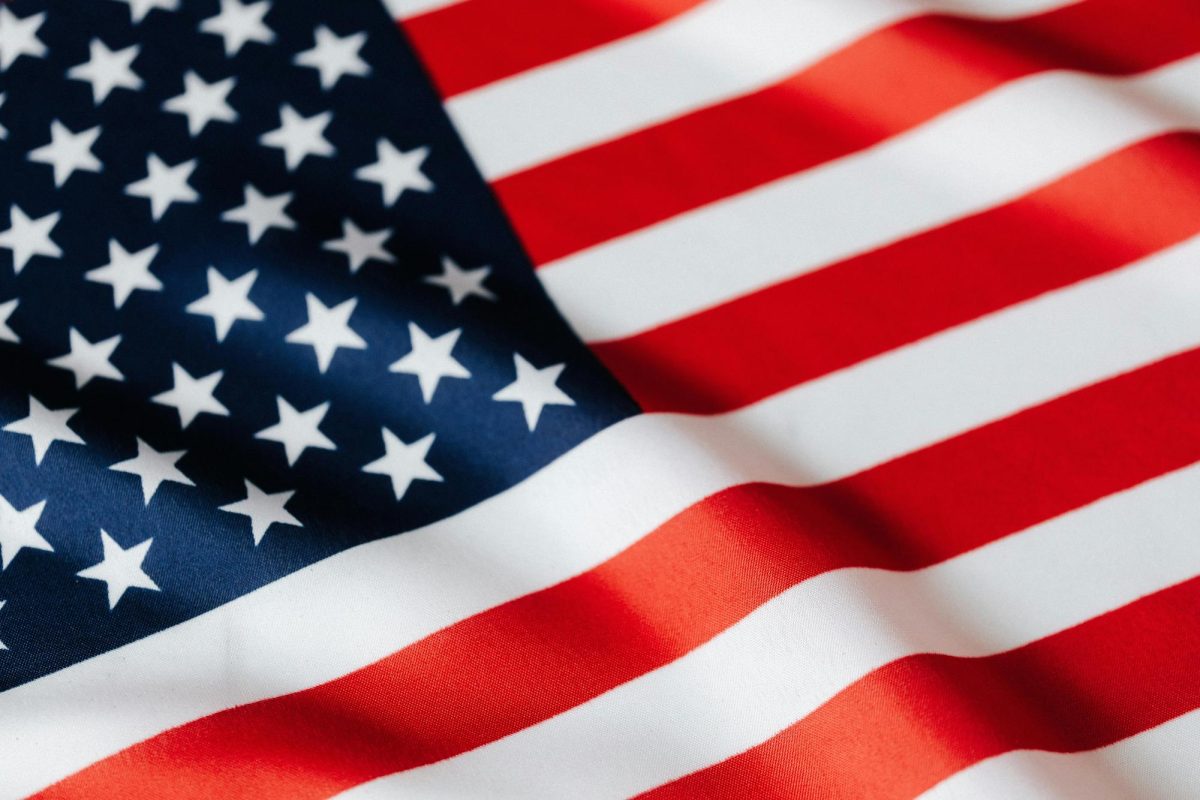




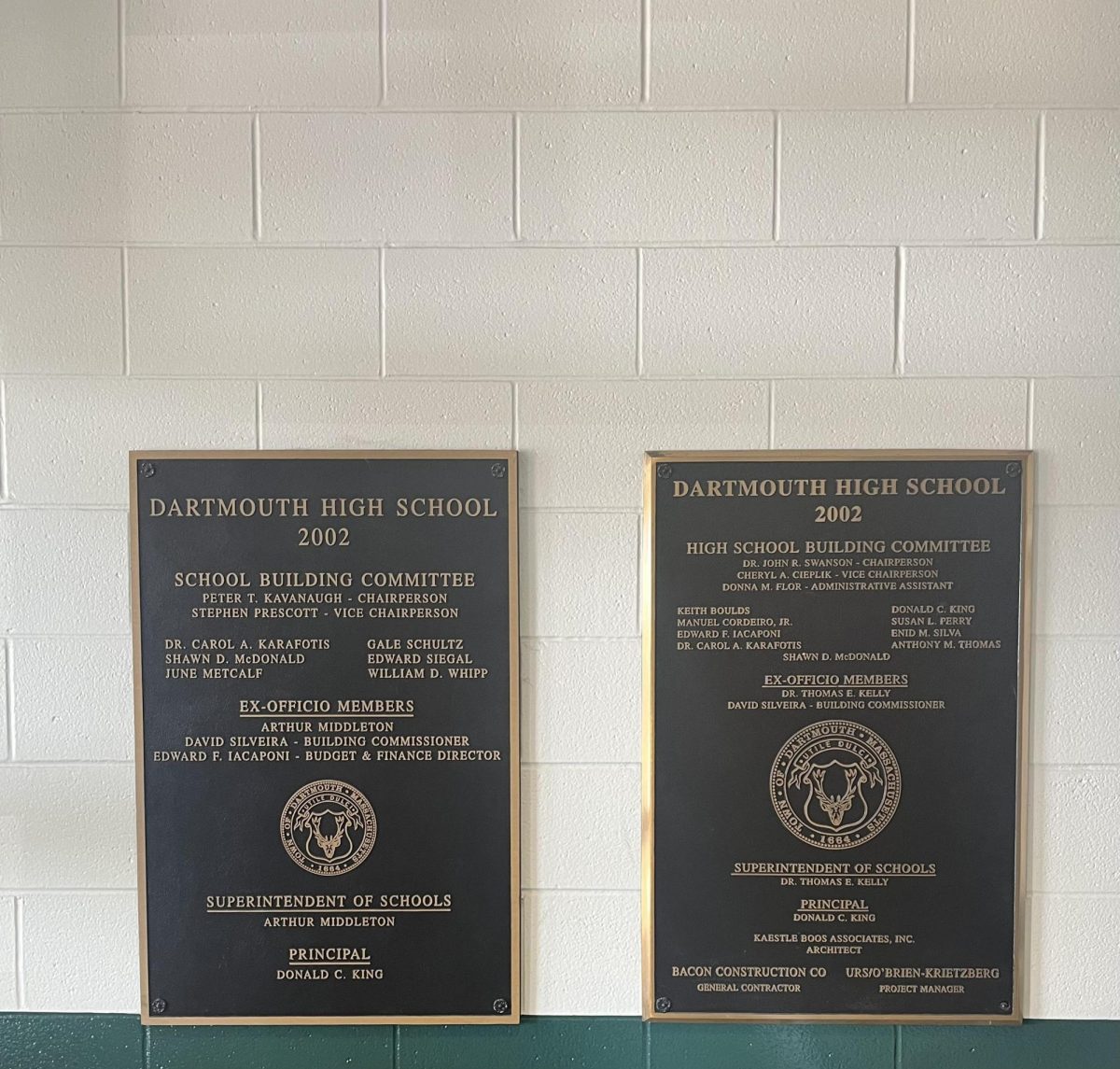
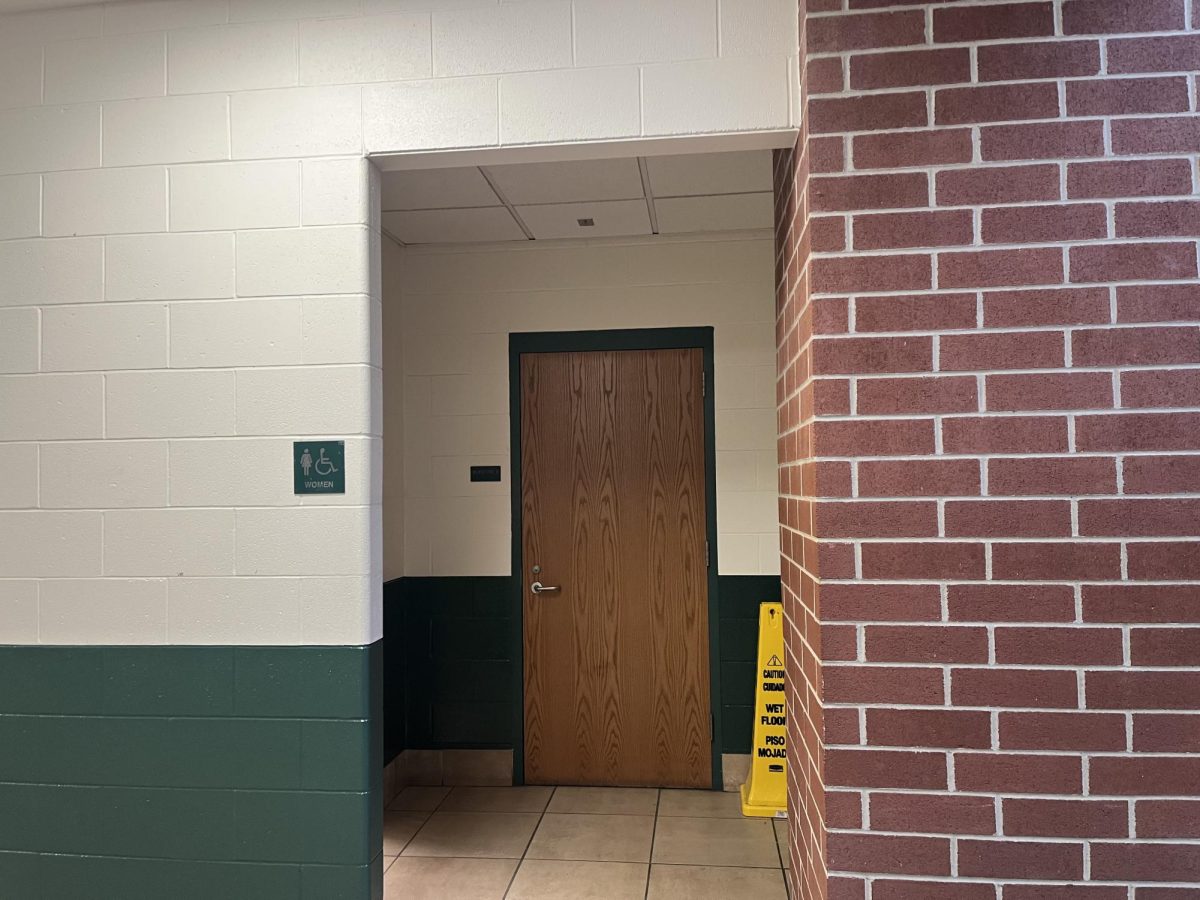

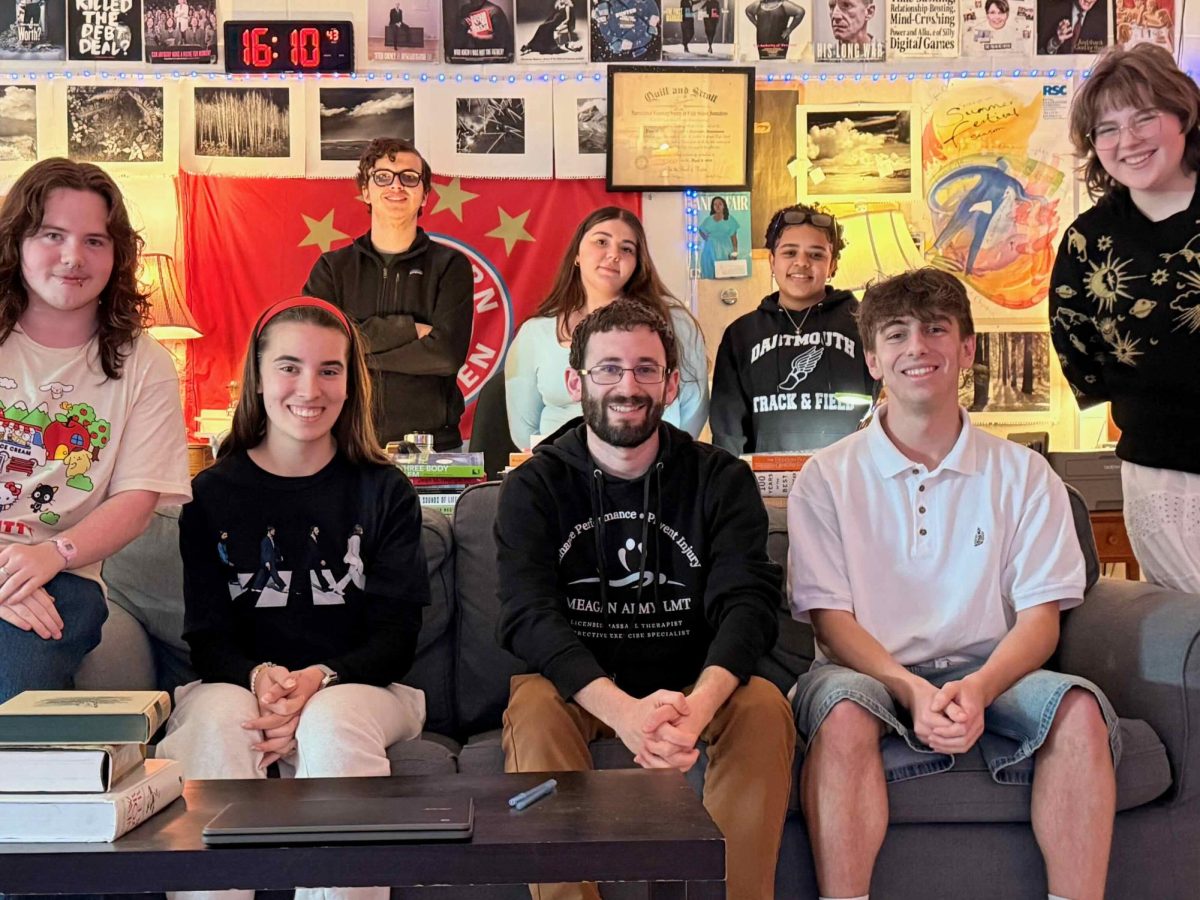


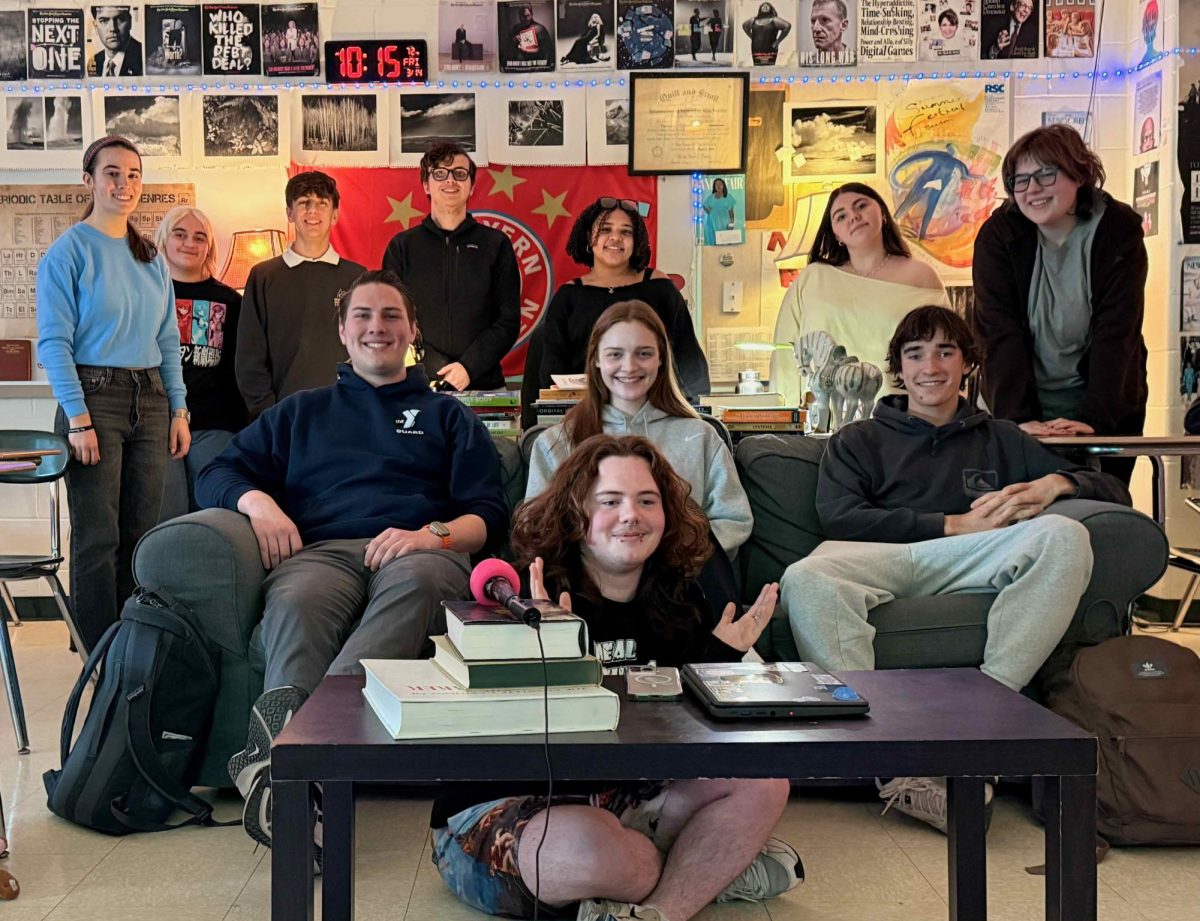

Mackenzie • Jan 24, 2024 at 7:36 am
Very interesting… well written, I wonder how much of the American Identity is rooted in military prowess, from the revolutionary war till now.